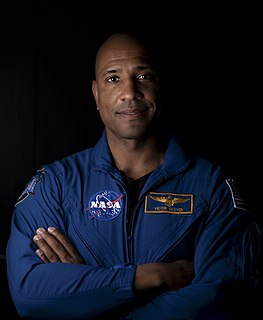A Quote by Carolyn Porco
For planetary explorers like us, there is little that can compare to the sighting of activity on another solar system body. This has been a heart-stopper, and surely one of our most thrilling results.
Related Quotes
We really just didn't realize the diversity of planetary types in our solar system. Pluto looked like a misfit because it was the only one we saw. And just as a Chihuahua is still a dog, these ice dwarfs are still planetary bodies. They're large enough to make themselves round by self gravity, and they surely pass the test of planethood.
The suppression of uncomfortable ideas may be common in religion or in politics, but it is not the path to knowledge, and there's no place for it in the endeavor of science. We do not know beforehand where fundamental insights will arise from about our mysterious and lovely solar system. The history of our study of our solar system shows us clearly that accepted and conventional ideas are often wrong, and that fundamental insights can arise from the most unexpected sources.
































